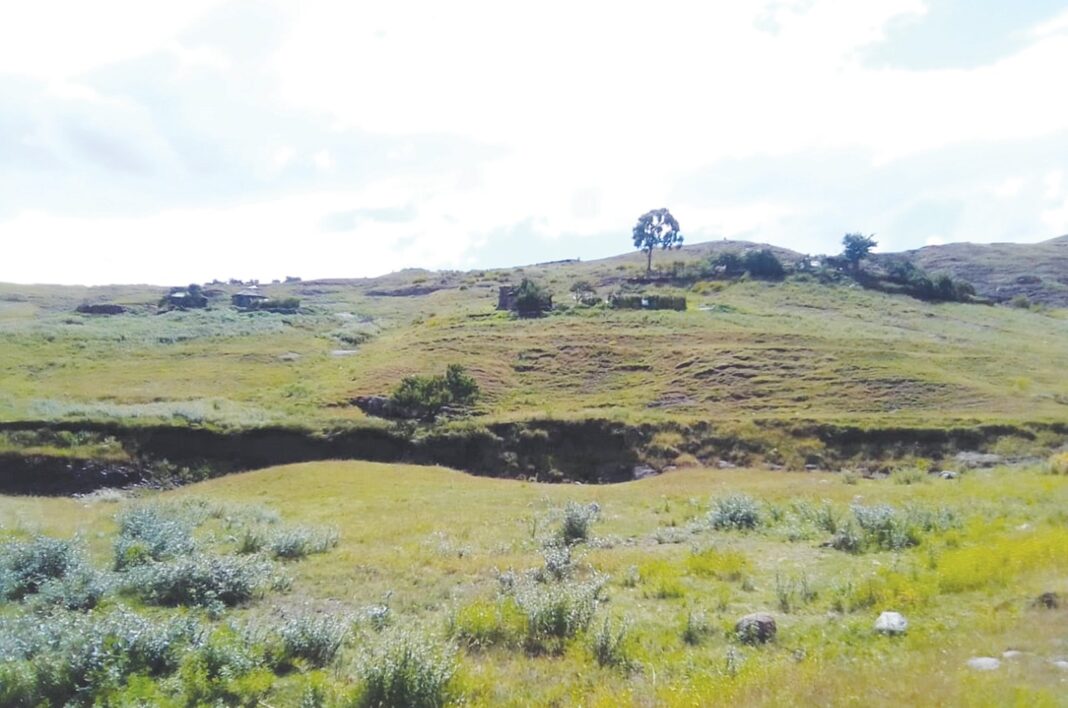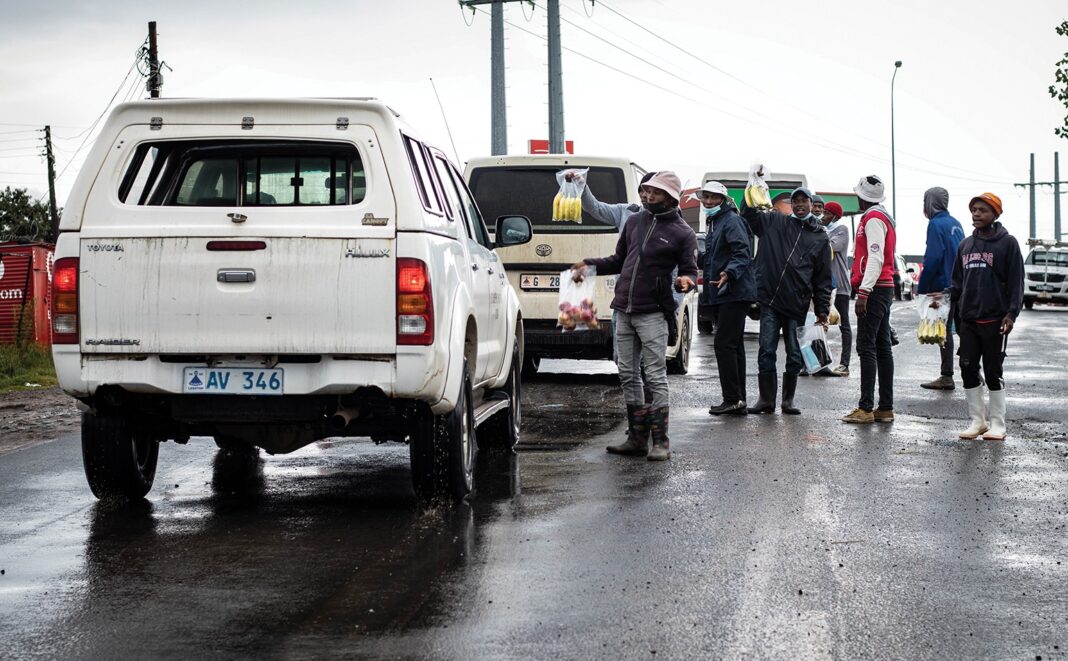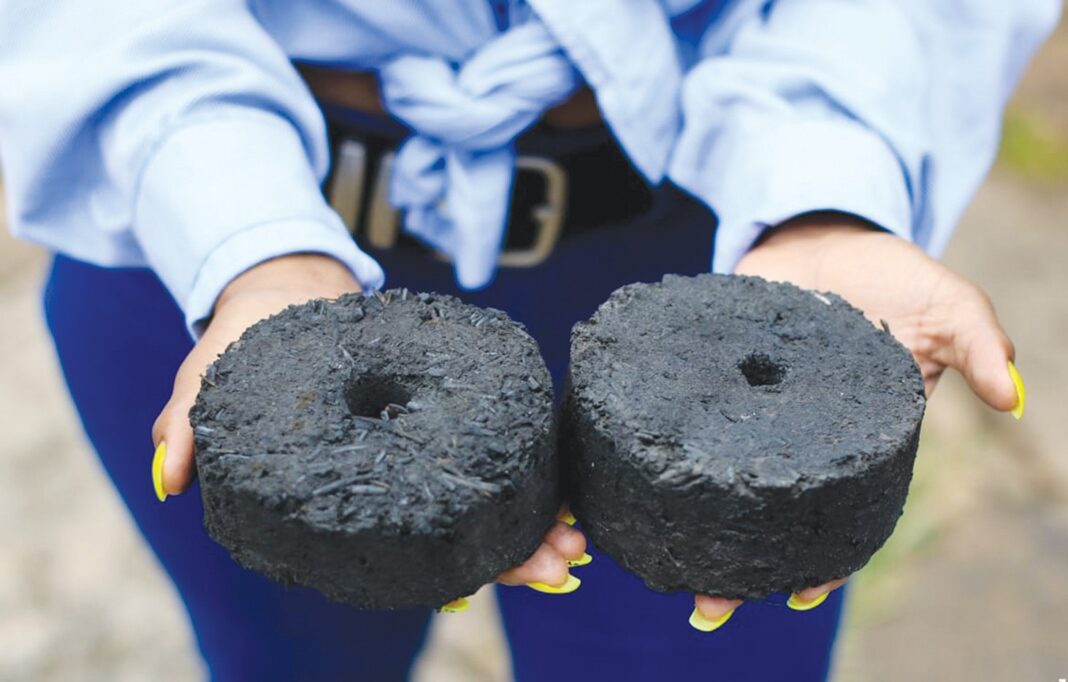By Neo Kolane
Three widows, ‘Matumisang Motaboli, ‘Mahopolang Khatleli and ‘Malulang Chaka are desperately waiting to be relocated by the Lesotho Highlands Development Authority (LHDA) from their village Tṧila-Ntṧo to Makaleng in the Mokhotlong district. They have been affected by the construction of the Polihali dam.
The Tṧila-Ntṧo village lies between the rivers Khubelu and Tṧila-Ntṧo and is to be impacted by the construction of the dame as part of implementation of Phase II of the giant highlands water project.
Already, the villagers have been warned of relocation but have since not been assisted with moving to their new plots of land.
One of the widows, Motaboli said their village was flanked by the two rivers that are tipped to overflow on completion of the project phase.
Motaboli said some of her neighbours have already been relocated to other places leaving their houses abandoned. They are the only villagers remaining in that deserted dwelling and they feel insecure.
She has urged the highlands water authorities to speed up their relocation by allocating them sites at designated village of Makaleng.
She said during heavy rains it is impossible for them to cross the Tṧila-Ntṧo river as it hits its banks. making life difficult for them.
“We were promised last year that we will be moved from here. What we want is to be closer to other villages. We want to be allocated promised sites which are available at the Makaleng village.
“We do not mind building shacks for ourselves to stay in. We do not feel safe at all,” Motaboli said.
Another tormented resident, Khatleli reiterated that she was eagerly awaiting to be allocated site at the promised land, fearing for their lives as the only widows left in the village.
The irked villagers lamented that they could not cross the river Tṧila-Ntṧo to other villages adding their safety was at stake.
The nearby village is that of Ha Kompi, situated about an hour walk from theirs.
Commenting on the issue, the chief of Tṧila-Ntṧo, Katleho Khatleli confirmed that there are only three widows left in a village called Ntṧotsong located in Tṧila-Ntṧo area. He said the sites have already been earmarked for building houses at Makaleng as agreed between the residents and the water project authorities.
“The women told me that they want to be set free to go stay at their own sites. They prefer to build their own houses because they cannot wait for LHDA,” he said.
“I informed the councillor of Senqu Mokhotlong, Boeang khatleli and we are yet to go to the LHDA to find out if they are yet to relocate the widows to their new sites,” he enthused, added that he received the three villagers’ complaints in February this year.
The councillor of Senqu in the Mokhotlong district, Boeang Khatleli, said he sent the community representative last week to request a meeting with the LHDA official who is tasked to attend to the public’s grievances.
In September last year, LHDA public relations manager, Masilo Phakoe said the construction of the dam would commence mid-2022 as resettlement planning was underway.
Phakoe said the registration and verification of affected assets has been completed for most project components, including the Polihali transfer tunnel. Verification activities are still in progress in the Polihali reservoir area. Completion of the registration of assets is estimated at 95 percent.
He added that consultations on replacement and housing designs have been completed with households to be relocated from the reservoir area and other project sites such as the access roads and site establishment area.
“Consultations have been completed with households in the Polihali village area on the two resettlement site layouts for physically displaced households. The planning of resettlement sites for households to be relocated from the remainder of the reservoir area will be finalised this year.
He further indicated that the public gatherings to create awareness about a menu of viable, sustainable livelihood options to be considered for implementation by communities have been held in all areas within the area.
“The purpose was to prepare communities to take advantage of the opportunities created by the implementation of Phase II, in mitigation against the potential negative effects of the project,” Phakoe said.
But Phakoe did not specifically respond to the matter relating to the three villagers and asked to be furnished with detailed information.









